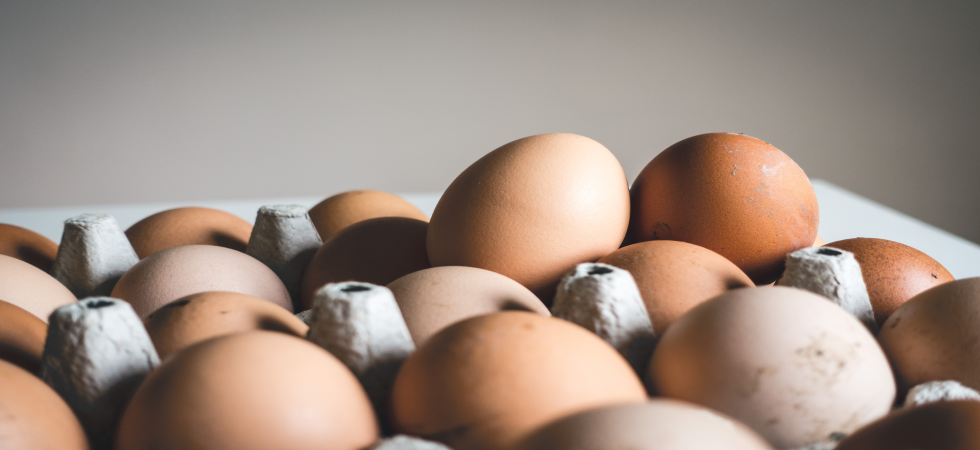The British Egg Industry Council (BEIC) has warned of shortages of eggs on supermarket shelves due to soaring costs of production that may cause many farmers to leave the industry if returns do not significantly improve.
According to the BEIC, the increase in “uncontrollable input costs” required to produce eggs, which is currently up by around 30% on farms, shows no signs of slowing down and the availability of British eggs on supermarket shelves is “seriously under threat” if these costs are not passed on.
With British egg farmers losing money on every egg they produce, which has increased in recent weeks following the invasion of Ukraine, BEIC reported that many farmers are choosing to stop producing rather than lose their farms. This is resulting in falling numbers of hens in the UK and increasing pressure on supply.
The national flock has declined by around 4 million in the past year.
Feed increases are at the forefront of the surge in costs, exacerbated by the war in Ukraine which has added 25 to 30p per dozen to feed costs on top of cost increases right across the supply chain from pullets to energy, and ongoing labour shortages.
According to the BEIC, cost increases for British egg farmers include:
- A 50% increase in the price of feed – the cost of feed for egg laying birds is now £400 per tonne, up around 50% over the past two years
- Transport costs have risen around 30% as fuel costs continue to increase at record levels
- The price of labour has also risen around 7% due to significant labour shortages and wage inflation
- A 15% increase in the price of pellets – the cost of pullets has risen by 5% over the past month and more than 15% in the past two years
- The wholesale cost of gas from suppliers has increased by 250% since the start of 2021
- Prices of egg packaging have risen by more than 15% since November 2021.
A tidal wave of costs
Andrew Joret, chairman of the BEIC, said: “The tidal wave of cost increases will see many family farms, some of which have been producing eggs for generations, going under in a matter of days, unless something is done quickly.”
Joret continued: “The situation was unsustainable prior to the terrible war, but feed prices have accelerated dramatically in a way never before seen and farmers cannot absorb these costs and carry on with a viable business.
“Ten years ago, you might typically have paid £1.35 for 6 medium eggs, which today often cost less than £1, which is a third of the price of a barista coffee. Eggs are one of the most undervalued natural whole foods; packed with protein, vitamins and minerals. They provide the whole family with nutritious meals at a fraction of the cost of some other proteins.”
Joret said that it was the BEIC’s “top priority” to keep up the usual supply of British eggs. However, without “rapid recognition of the seriousness of the situation”, a significant number of British farmers will not survive to ensure that eggs are readily available to consumers.
The BEIC has written to the CEOs of the major UK retailers to communicate that unless urgent action is taken in the next two weeks, the normal supply of British eggs to meet consumer demand is under severe threat.









